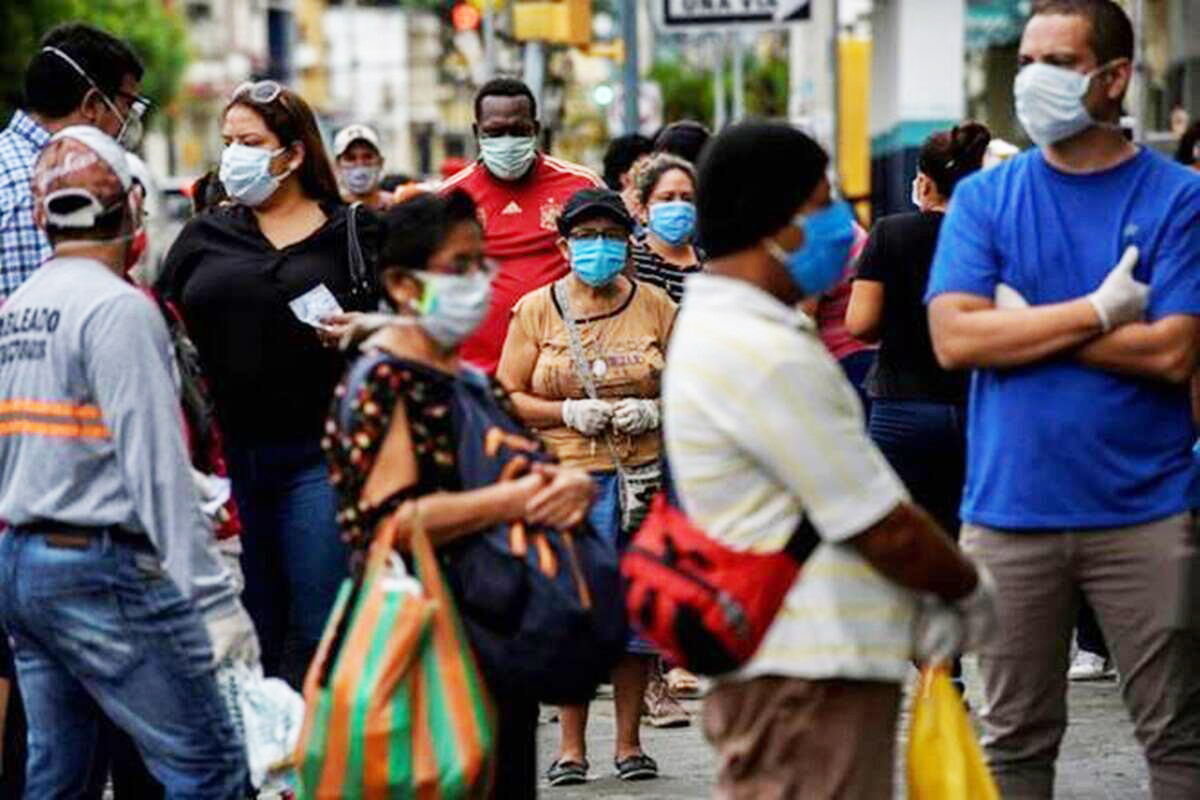Following the outbreak of COVID-19, governments at different levels introduced unprecedented measures to reduce the spread of the virus. Although the crisis’ impact has been most noticeable in terms of local public health and socioeconomic inequalities, other local democratic principles such as participatory practices, transparency and accountability have also been affected by the imposed restrictions. Our alumnus Wilmar Giraldo, from the CSO Freedom and Democracy (Corlide) in Colombia, tells about the current challenges and sees new opportunities for the long term.
Since the onset of the COVID-19 pandemic, local governance processes in Latin American countries have seen several challenges on the rise. Wilmar underlines that local participatory processes, such as citizen oversight and participation, have become increasingly difficult to exercise. Amid the uncertainty, citizens have turned to the government for information. However, local authorities have increased the maximum days they can take to answer citizens’ requests due to the current situation, which puts the transparency of government agencies at risk.
“The confinement not only affected traditional social gathering practices but has significantly impacted citizen participation, as most public institutions only offer in-person opportunities for civic engagement. Under the current circumstances, the already limited spaces for citizen oversight and control over the government have significantly reduced.”
According to Wilmar, another challenge is that while local governments have prioritised COVID-19 responses, this has come at the expense of transparent budget allocation.
“Local authorities’ discretionary power during the current crisis has allowed them to re-allocate the local budget without consulting citizens and to modify procedures for tender processes that were in place to guarantee transparency. This change in power has come at the detriment of a transparent allocation of resources.”
A third challenge has to do with citizens’ data protection. Local authorities have used digital apps as a strategy to monitor, prevent and control COVID-19 outbreaks from local level, but governments’ handling of citizens’ data has come under scrutiny. Serious concerns have emerged around the misuse of this data for other purposes than tackling the pandemic and the lack of ethical measures to prevent this from happening. Wilmar notes that “Civil society and local governments had worked together in policies to ensure the ethical handling of data. However, the urgency of developing COVID-19 apps meant that the protection of citizens’ data could not be fully guaranteed. This may affect citizens’ trust in public institutions.”
Finding silver linings in the Crisis
Despite the negative consequences of the COVID-19 pandemic, the crisis has brought some positive impacts to local governance. Citizens have been reminded of the essential role of public institutions and the need for a strong local government to respond to challenges like the current pandemic. Wilmar thinks that “this awareness could lead to a new vision of public institutions as closer to citizens’ everyday life and, in the long term, may strengthen local participatory processes, accountability and transparency.” Additionally, the current pandemic provides an opportunity for local governments to rethink how to best serve citizens through digital tools. “COVID-19 has opened the door to a long-due digital transformation of public institutions, one that is based on accountability, open data and democratised access to information for everyone.”
While the pandemic’s unforeseen effects are impacting local governance in Latin America in various ways, one thing is certain — civil society actors like Wilmar will continue to demand that local governments’ responses to the crisis uphold transparency, accountability, and civic participation at their core. Rebuilding more equitable, just and sustainable post-COVID-19 societies will not happen any other way.
___________________________________________________
Related readings:
Related courses
We offer a diversity of courses throughout the year. Here are several other courses you might like.


